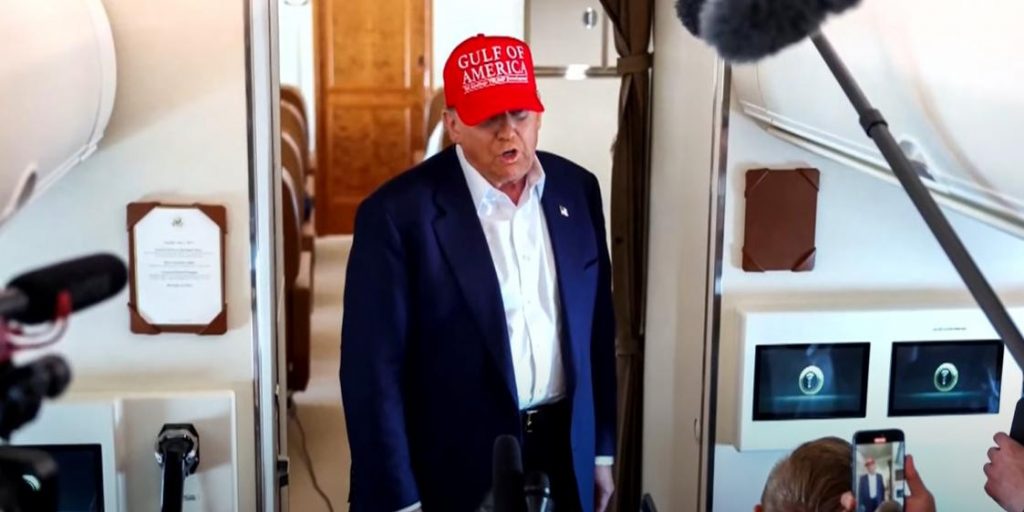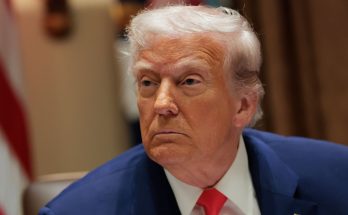During a speaking event in London, former President Barack Obama strongly criticized Donald Trump’s recent assertions linking acetaminophen (Tylenol) use during pregnancy to autism. Obama framed Trump’s remarks not merely as incorrect, but as harmful — calling them a “violence against the truth” that could sow fear among expectant mothers and undermine public health trust.
The rebuke is unusually direct for Obama, who has largely stayed out of frontline domestic political battles since leaving office. Speaking at the O2 Arena, he said that Trump’s attempt to tie a common pain reliever to autism risk ignored decades of scientific consensus and risked doing real damage to women’s health decisions.
What Obama Called Out
Obama’s core criticism rested on several points:
- Overreaching claims without evidence: He lamented that Trump made sweeping statements about Tylenol and autism “that have been continuously disproved,” suggesting they lack credible backing and distort public understanding.
- Risk to pregnant women: Obama warned that such claims could intimidate pregnant women from using a medication long considered safe — especially in cases of fever or pain, where untreated symptoms themselves carry risks.
- Anxiety and stigma for families: He also spoke of the psychological toll such statements impose on parents of autistic children, reinforcing fear rather than compassion or support.
- A broader erosion of truth in public discourse: For Obama, this wasn’t just a medical dispute — it’s symptomatic of a deeper divide in how truth is treated in public life. He positioned the issue as one of democratic responsibility and moral clarity.
Pushback from the Trump Camp
Unsurprisingly, the White House responded quickly. A spokesperson accused Obama of “condescending to Americans” and waging political attacks abroad, while insisting Trump’s warnings were meant to address parents’ legitimate concerns. The statement framed Obama’s comments as hypocritical, given his past silence on other controversies.

Trump’s allies echoed the pushback, arguing that questioning his statements is tantamount to dismissing parents’ fears and the need for accountability in public health.
Why Obama’s Intervention Matters
- Weight of legacy and authority: Obama’s voice carries moral authority for many, especially on issues of health, science, and public trust. His intervention elevates the debate beyond partisan angles.
- Potential influence on public opinion: For undecided or anxious Americans, hearing a former president condemn the claims as dangerous misinformation may shift perception.
- Pressure on scientific bodies and policymakers: With prominent voices calling the claims out, agencies like FDA, NIH, and global health organizations may face increased pressure to clarify positions or adjust messaging.
- Signal for restraint in health messaging: The confrontation underscores how high the stakes are when political leaders talk about medical advice — especially on sensitive issues like pregnancy, autism, and maternal care.
Conclusion
Barack Obama’s sharp rebuke to Donald Trump over the Tylenol-autism claims marks a rare but deliberate foray into the intersection of public health and political messaging. By labeling those claims “violence against the truth,” Obama raises the alarm not just about medical misinformation, but about the broader consequences when authority and evidence diverge in public debate.
Whether or not this exchange changes minds, it will almost certainly amplify the scrutiny on Trump’s claims and deepen the conversation over who gets to speak about health in America.
You might also want to read: Trump & RFK Jr. Claim Painkiller “Tylenol” Linked to Autism

